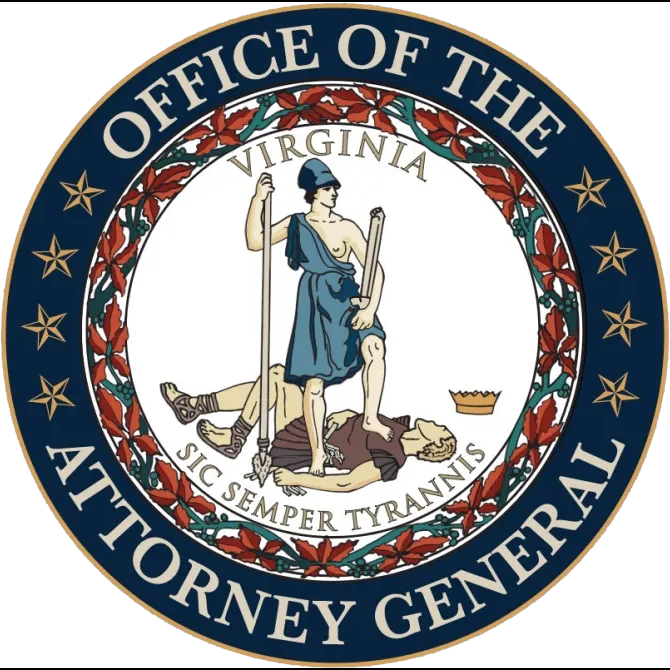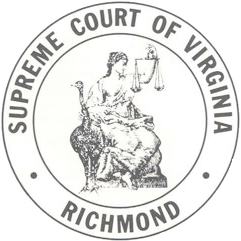Attorney General of Virginia - The Attorney General of Virginia, elected by the people, serves as the chief legal officer for the state. Responsible for providing legal counsel to state agencies and officials, the Attorney General represents Virginia in legal matters, both civil and criminal, and oversees law enforcement. The office plays a pivotal role in prosecuting and defending legal actions on behalf of the state, issuing legal opinions, and addressing a wide range of legal issues, including consumer protection, public safety, and environmental concerns.












